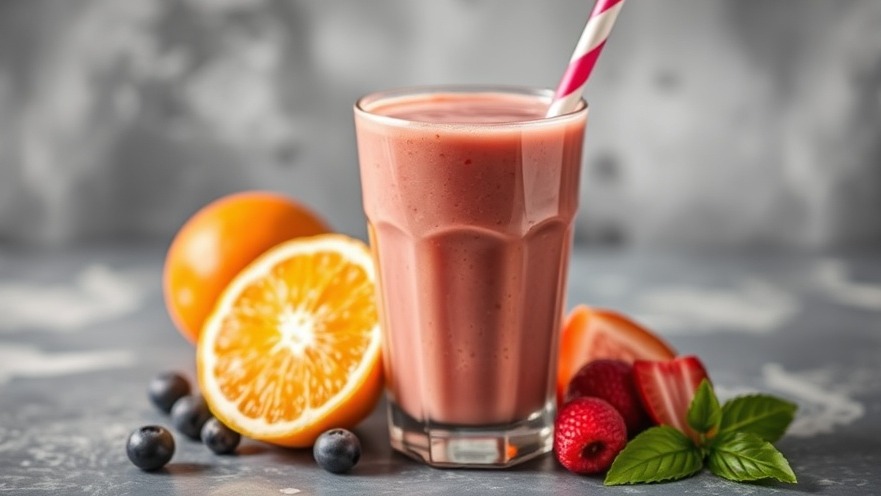
Is Juicing Beneficial for Your Skin and Overall Health?
Juicing has become synonymous with wellness in recent years, touted for enhancing beauty through nutrient-rich concoctions that promise glowing skin and rapid detoxification. The allure of vibrant green juices often tempts health-conscious individuals, but is this trend as beneficial as it seems? In examining the merits and pitfalls of juicing, we delve into how it affects our bodies, especially regarding skin health.
The Benefits of Juicing
For many, juicing can serve as a gateway to enjoy greater amounts of fruits and vegetables without the hassle of chewing through a salad. Packed with antioxidants, vital vitamins, and minerals, juices can be a convenient and refreshing complement to a balanced diet. For example, apples offer vitamin C and quercetin that bolster collagen and combat skin aging, while kale is rich in vitamins A, C, and K, essential for skin repair and elasticity. Research indicates that incorporating just a small amount of vegetable juice into daily intake can significantly boost nutrient absorption, enhancing heart health and immunity.
Drawbacks to Consider
However, the juicing fad is not without its downsides. A major concern is the loss of dietary fiber, which plays a crucial role in digestive health and blood sugar regulation. Juices, particularly those derived from fruits, can lead to sugar spikes and contribute to inflammation if consumed excessively. Studies suggest that long-term reliance on juice cleanses can disrupt your gut microbiome, with uncertain long-term effects. Additionally, juices lack essential proteins and healthy fats, making them inadequate as standalone meals. Experts often recommend pairing juices with balanced meals to maximize their benefits.
Finding Balance with Seasonal Fruits
Choosing the right ingredients is paramount in crafting nutritious juices. Seasonal fruits like cucumber can serve as a refreshing base, while incorporating healthy fats from avocados or bananas can help balance sugar content. Don’t forget fruits high in Vitamin C, such as kiwi and strawberries, which can enhance skin health. Your morning juicing ritual can become more than just a fast fix; it can evolve into a thoughtful addition to your overall health regimen with the right recipes.
Making Informed Decisions about Juicing
Ultimately, the decision of whether or not to incorporate juicing into your diet involves careful consideration of personal health goals and lifestyle. While juices can boost nutrient intake and provide a refreshing option, they shouldn’t replace whole fruits and vegetables. A balanced diet remains vital for optimal health, and juicing is best approached as an enhancement rather than a replacement. For those interested in their beauty and health journey, understanding both the advantages and drawbacks of juicing is essential.
Consider Your Goals and Embrace Variety
If you're excited about making juice part of your routine, think about how to incorporate it wisely alongside whole foods. The journey to wellness is unique for everyone, and finding the right balance will help you maintain vibrant skin and overall well-being.
 Add Row
Add Row  Add
Add 




Write A Comment